Recently I was reading that sometimes it's not a matter of whether we can trust others, but can we trust ourselves?
When things go sideways in relationships or life we may question our own judgment and sound mind. Things like "how could I have not seen this sooner" or "why did I not see this coming" or "what was I even thinking" may spin in our brain.
Our trust in other humans may be shaken but trust in ourselves may be shattered and fractured. We can easily degrade into fear with the inability to move forward. Our instincts may be impaired or maybe they're off because of our personal history. We may continue to hang on with hopes we can make it work. We can refuse to let go. Even if the relationship is over, we can get stuck running 'what if' scenarios in our head. "What if I had done x instead of y" or "what if I had said this instead of that" and on and on in an endless cycle.
The fact is we did what we did and what happened, happened.
So how do we stop the endless cycle of ruminating and wishing? How do we regain our trust and move forward? How do we stop the endless loop of self-defeating beating and not get stuck in self pity?
Here are two things that helped me time and time again:
Sunk Cost
One thing we used to do as a project team back in my days of project management was to first recognize "sunk cost" to help us let go. Sunk cost is money or time that has been invested and cannot be recovered. Spending more money or time isn't going to recover what has already been spent. Continuing in the path or finishing the project isn't going to recover the money. Abandoning the project will save future investment of time and money but it's easy to lose sight of that fact.
For some reasons we humans tend to think we can somehow make the effort worth it if we finish. Sunk cost fallacy is based on the premise that committing to the current plan is justified because resources have already been committed. For example, have you ever realized 30 minutes into watching a movie that you're not enjoying it at all but continue to watch it anyway? We continue wasting our time on a dull movie since we have already invested 30 minutes of our time into it. This is sunk-cost fallacy. If we paid to rent it we cannot recover the cost if we spend 30 minutes or 2 hours.
Some time ago I was talking to someone about a beverage they were drinking with some frequency. I commented to the effect that you must love it as you're drinking it daily. The person said they hated it. I asked why they were drinking it every day then. They said they had bought a box of it and now they had to finish it. This is sunk cost fallacy. No amount of daily torture consuming a beverage one hates is going to recover the cost of purchase. It will just make one miserable until the box is finished.
Sometimes the project team recommended walking away from the project. Sometimes the project manager or hiring company pulled the plug. Sometimes the customer cut the contract. In any case, someone said enough and not everyone was happy about it.
Ruminating is another way of investing energy into a project that is clearly over. Sunk cost fallacy.
Understanding how to use this business concept in my personal life helps me move forward. Put another way "cut your losses" and move on. Recognize the investment of time, money, or whatever didn't work out. Remove the emotion from it.
You may wonder, "how, Dee, can I possibly remove the emotion from such an emotional thing as a failed relationship or broken heart or some other total flop? This is not business and I'm very emotional about this."
Ok well maybe not all the emotion but here's something that has helped me get a grip:
Lessons Learned
Lessons learned is the first thing the project team does once a project has either ended by completing it or by recognizing sunk cost and stopping the project unfinished. Maybe you didn't end the relationship but someone else did. Maybe your effort at a personal endeavor crashed and burned beyond recovery. Maybe it wasn't your choice but somehow this thing ended. Or maybe you realized what you're doing isn't getting you anywhere, or at least not where you mean to be going. Maybe, like me, you have deep regrets over not seeing sooner.
Lessons learned is a really simple exercise that helps me and may help you too.
1. Identify - capture, without editing, everything that went right, things that went wrong, what could be improved. I recommend putting those three headings at the top of three pieces of paper and just writing everything that comes to mind. Go ahead and bounce back and forth between pages. Maybe even go back to it and add more as you ponder.
2. Analyze - take a step back and think about your findings. Recognize things that did go right. This prevents one from falling into complete "depths of despair" and self pity. Then, looking at the things that went wrong, be sure to recognize how you can use that information to improve. Therein lies the power of lessons learned.
What did you learn about yourself, others or the world around you for each of the things that went right and for each of the things that went wrong. Maybe some even have more than one learning lesson attached. This is how we begin to benefit even from mistakes.
This is how we rewrite our story from a place of power.
THIS is how we see mistakes as opportunity to learn. This is how we move forward. This is how we benefit from everything in life and choose to see mistakes as opportunities for growth.
This is how we move forward, improve, prevent getting stuck in self pity. By all means feel your feelings and have a good cry. I do and it's cathartic. Tears really do wash away the pain and shed toxins from our body in a real, physical way. But once you've let it all out - and I mean ALL - try a lessons learned exercise.
If, along the way, you desire another good cry or to punch a pillow, do it. Then continue writing and journaling your lessons learned.
Have you tried something like this? If not, do you think this would benefit you?
When you're ready to level up and take next steps, check out my Gentle Boundaries course to take your lessons learned forward in a BIG way!
Share your thoughts and comments below ▼ I love hearing from you ❤️
Click here to get your Aroma Reset guide - This simple technique clears your limiting beliefs and negative thoughts. Your powerful sense of smell unlocks the part of your subconscious brain responsible for making decisions on autopilot. That instinct or survival brain isn't open to reason and logic. Empower yourself at that level to accomplish every goal you set!
Copyright © 2023 All Rights Reserved by Lemons and Sage, LLC

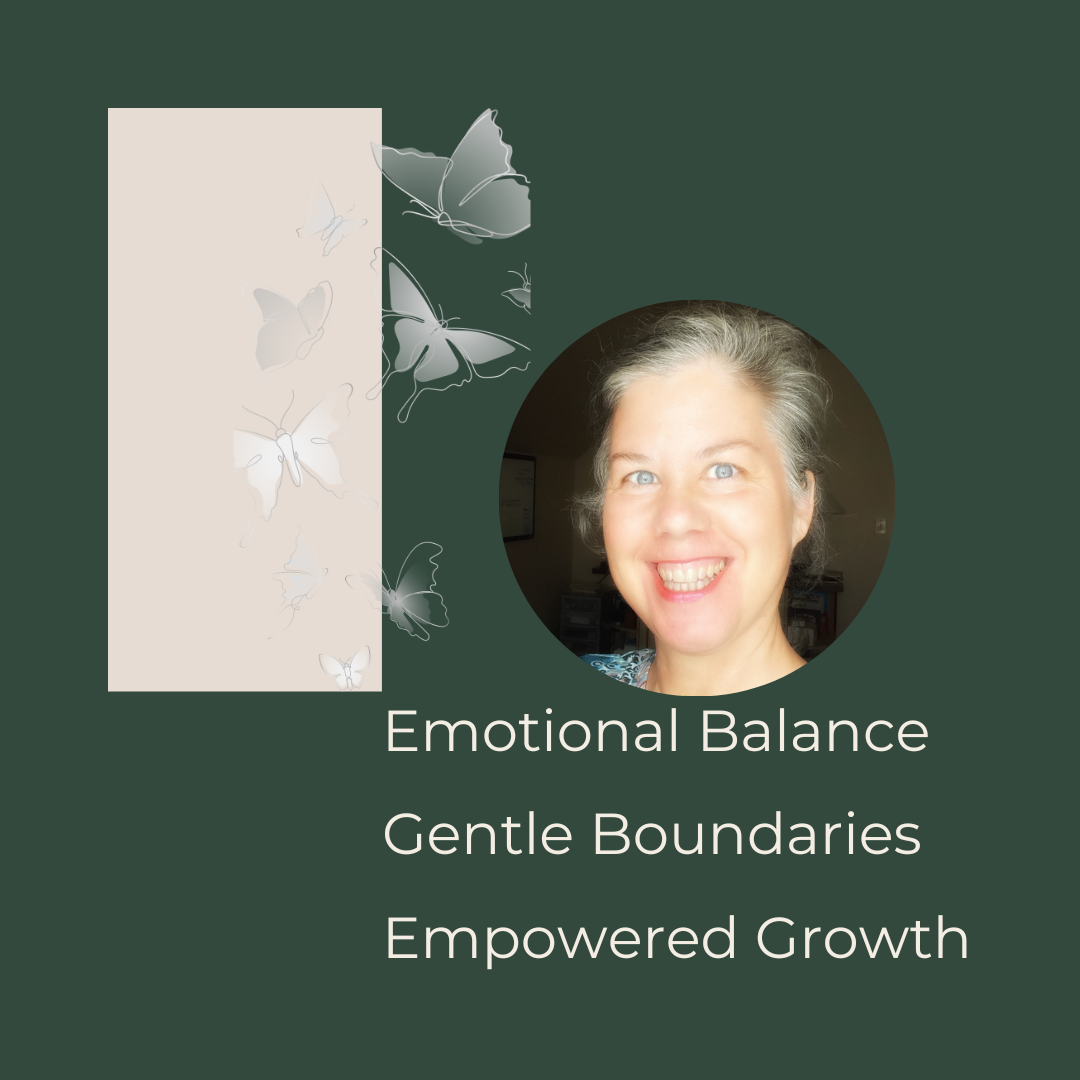 Hello and welcome to my little corner of the web where I share my healing journey with you. That sharing helped many along their own healing journey. As you read I wish the same for you.
Hello and welcome to my little corner of the web where I share my healing journey with you. That sharing helped many along their own healing journey. As you read I wish the same for you.
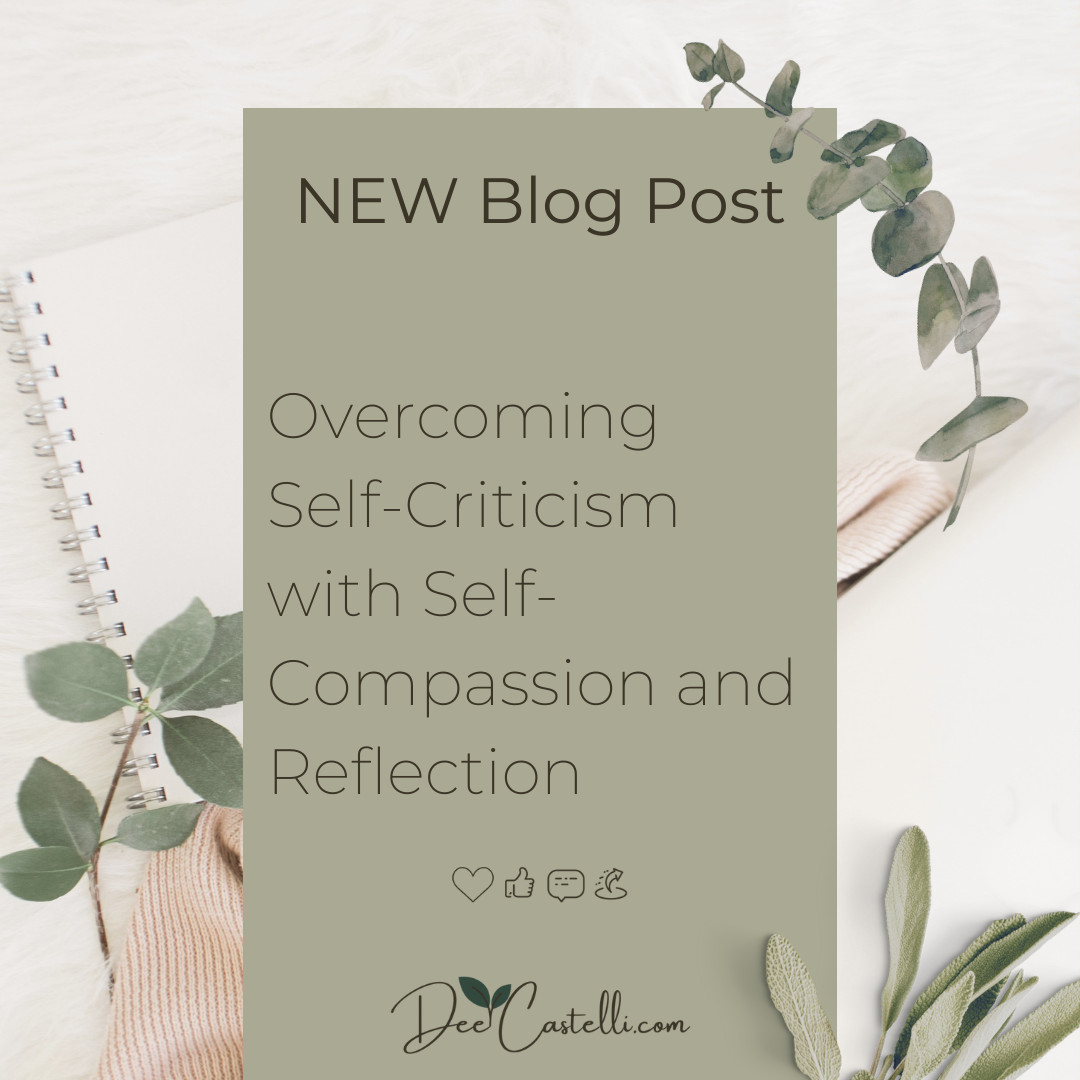
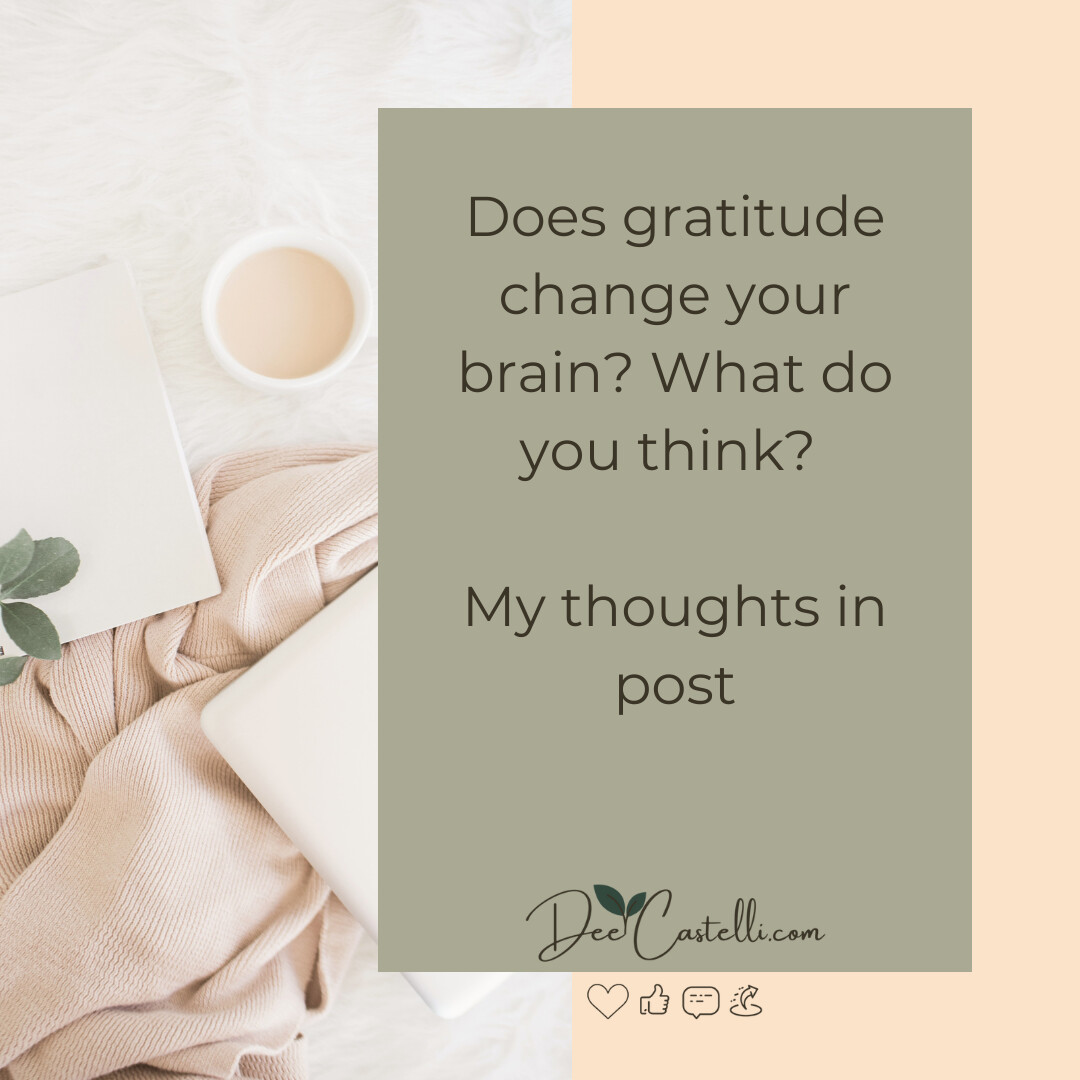

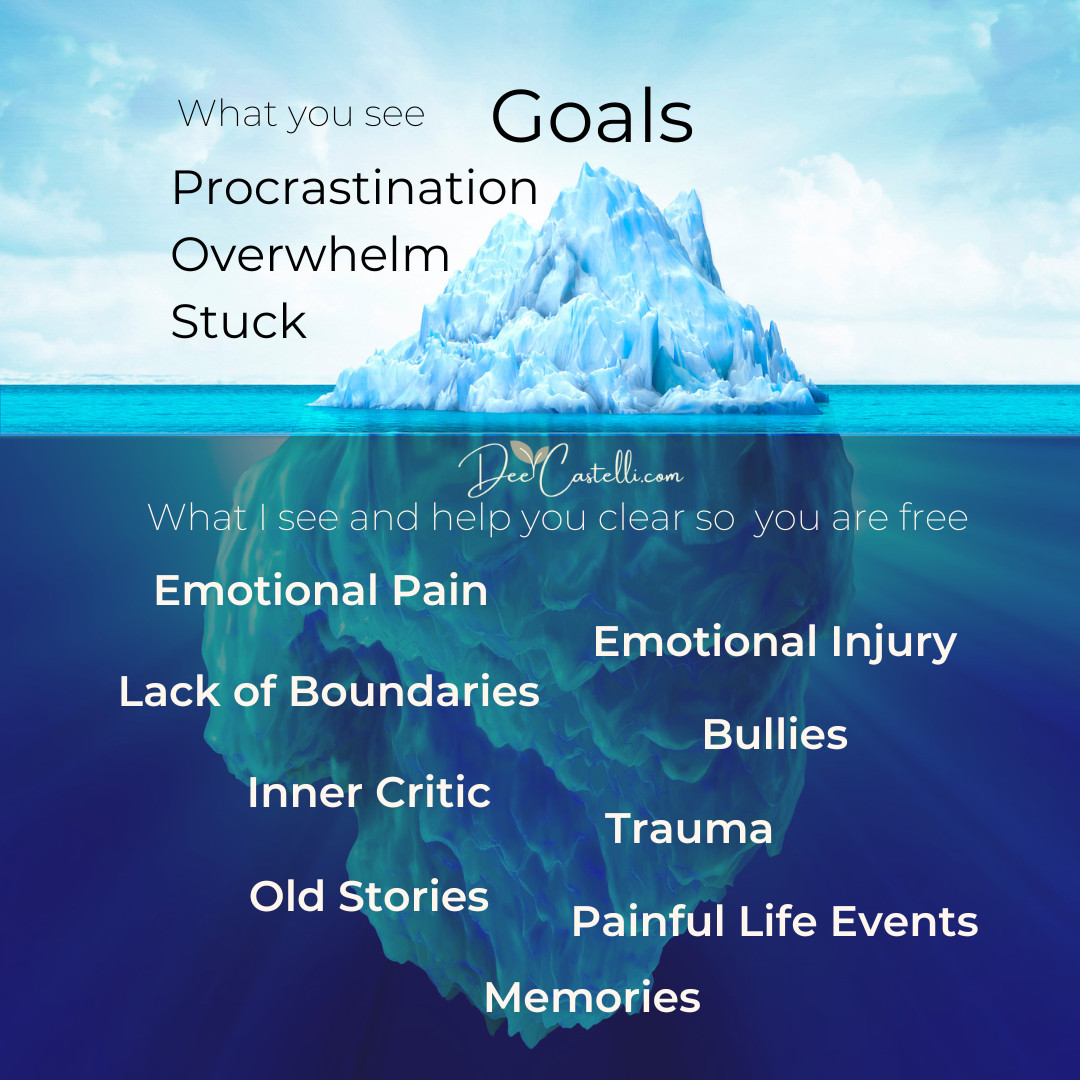
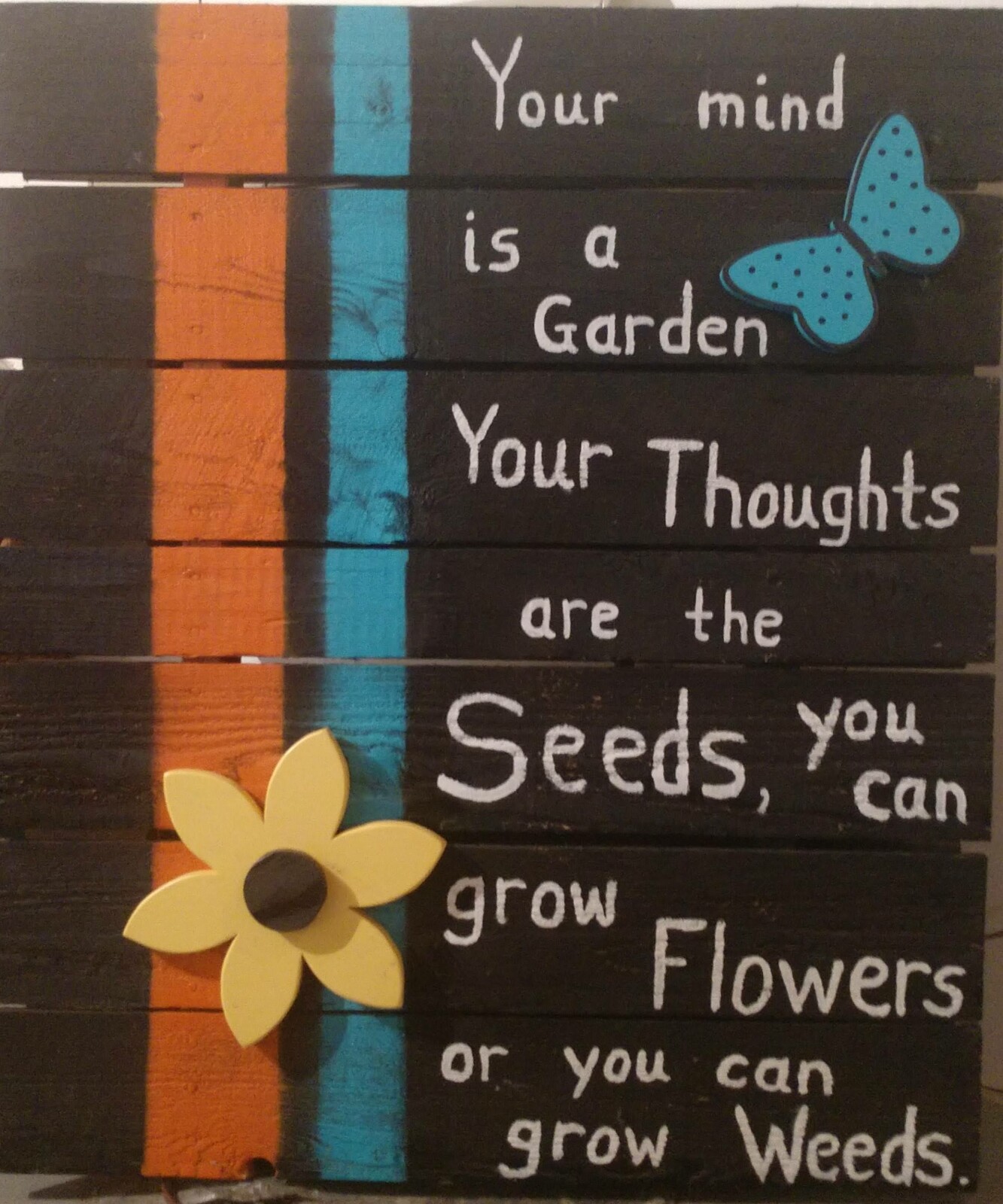

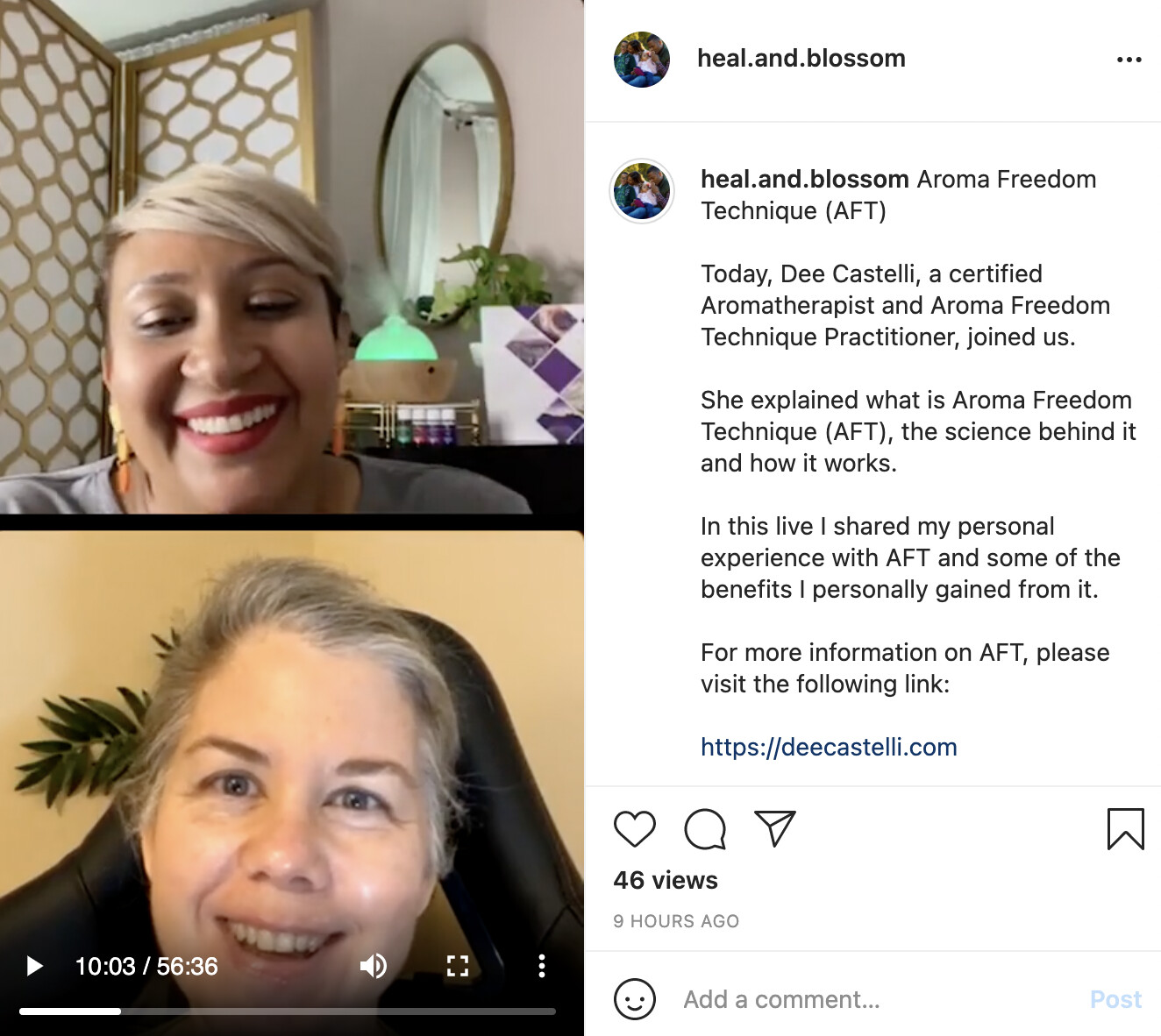

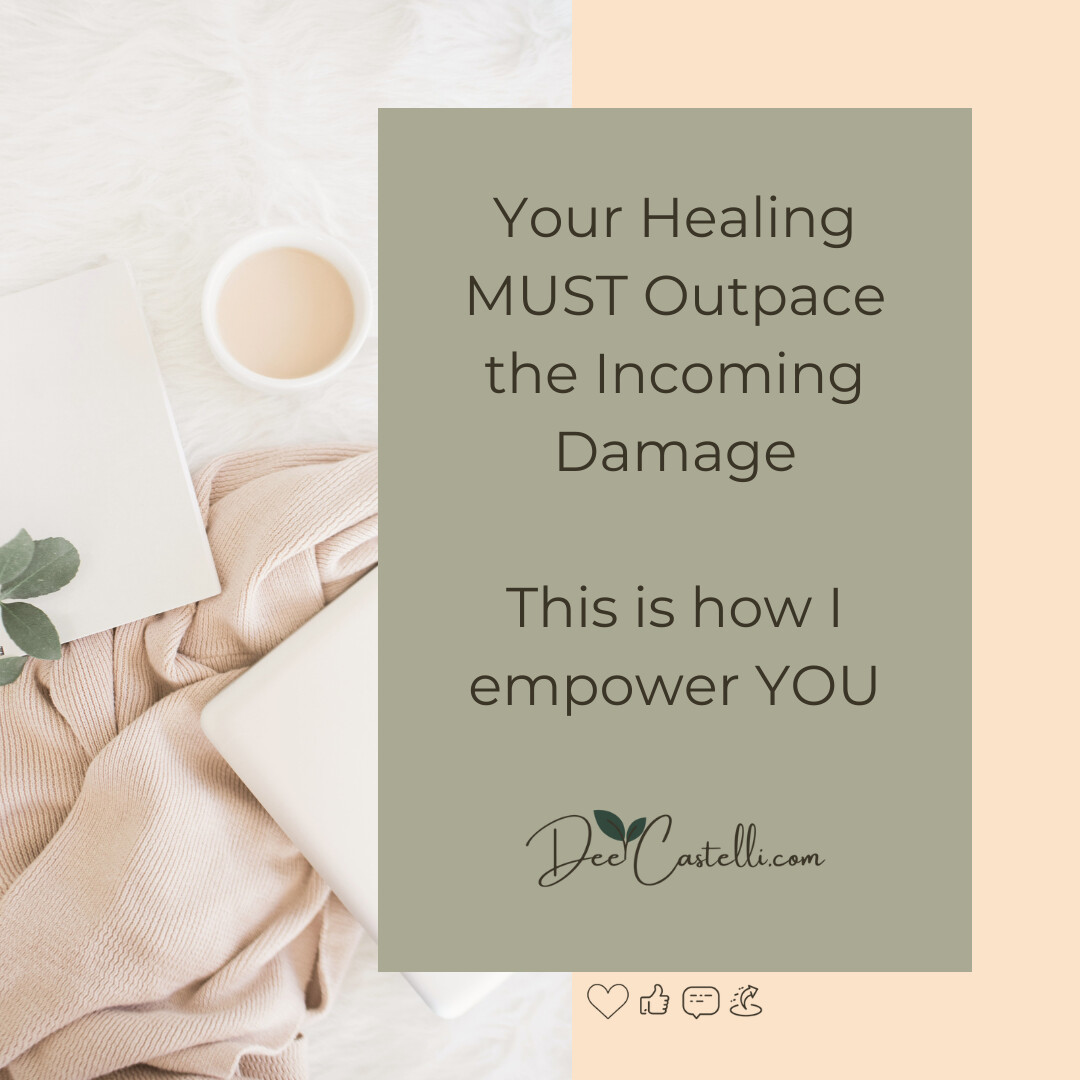
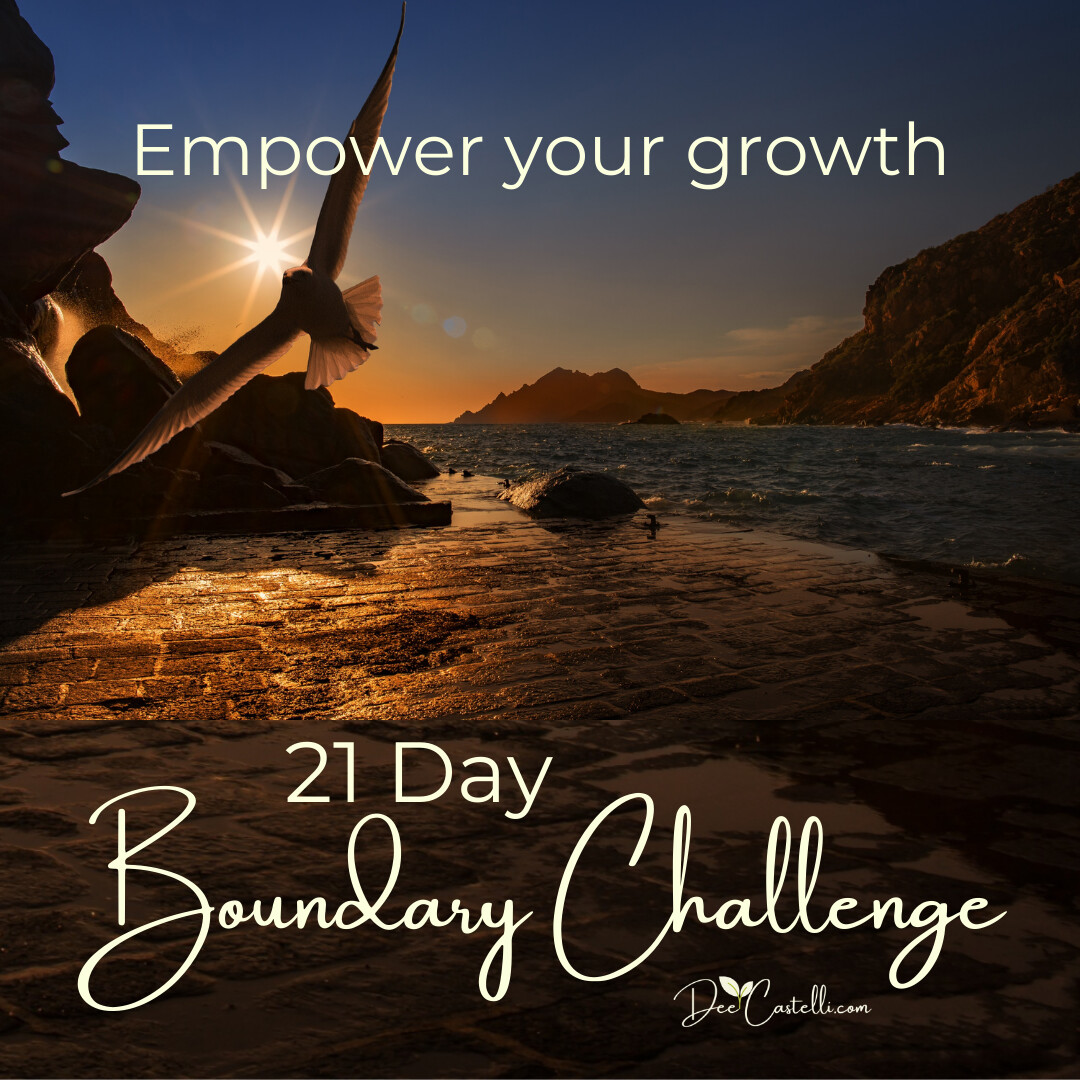
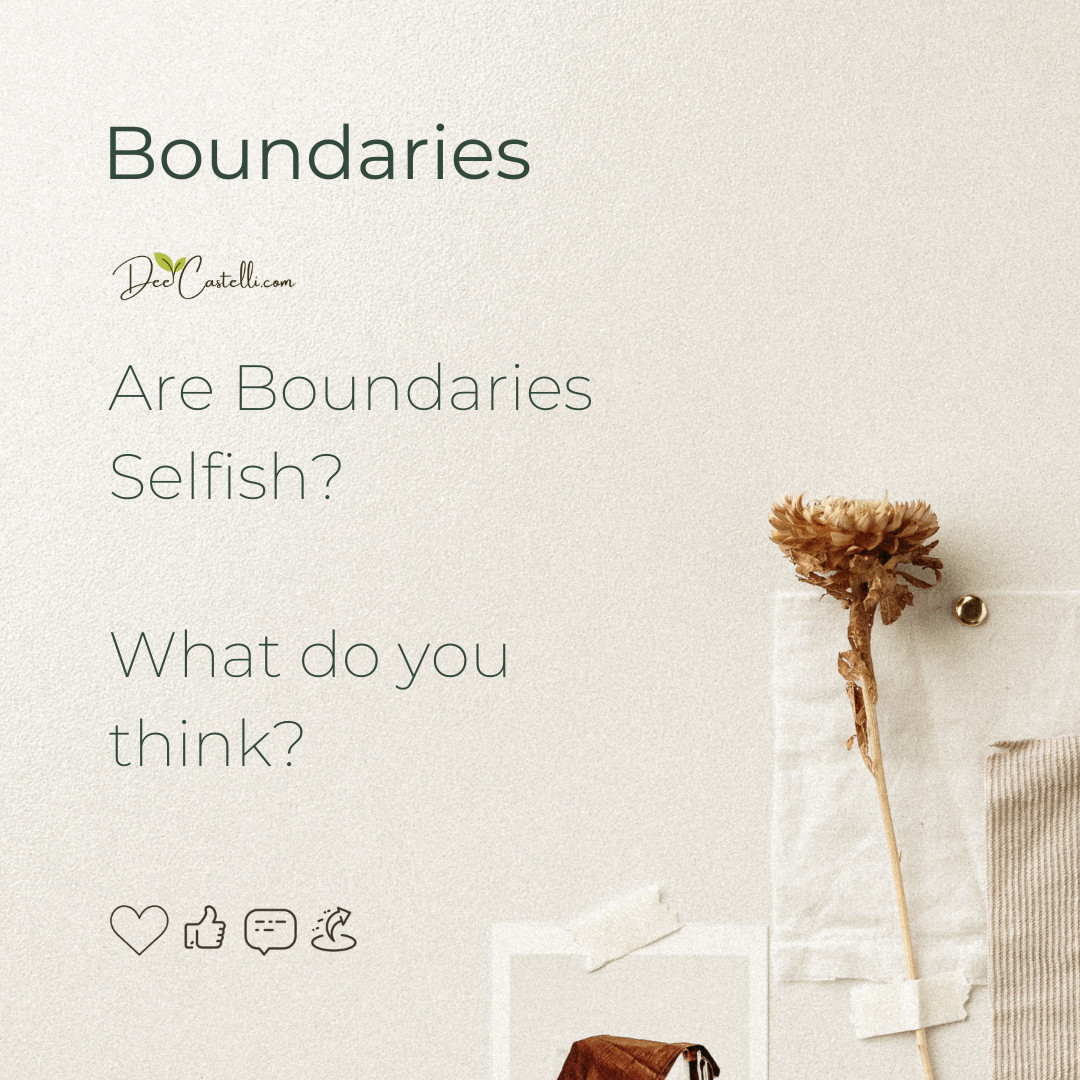
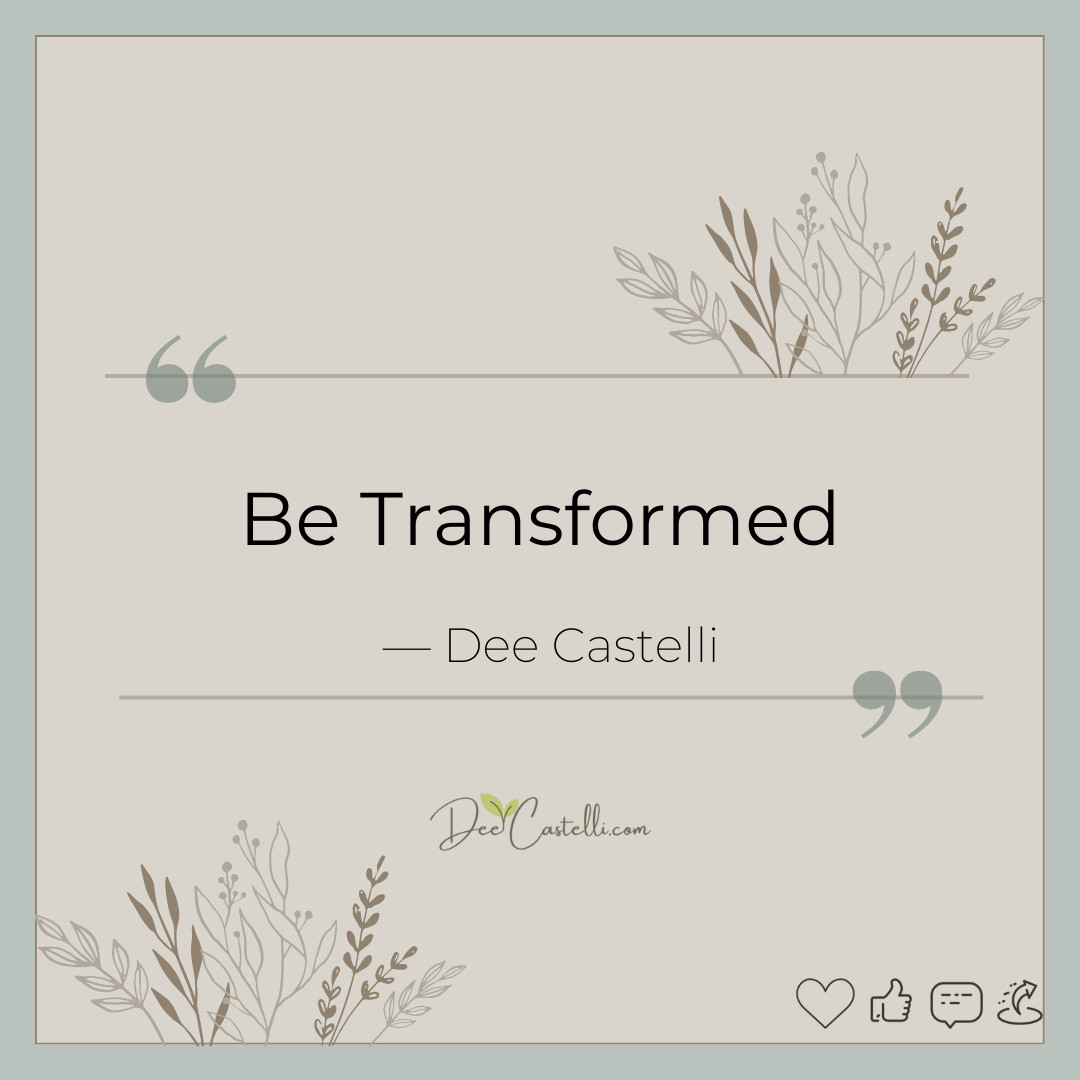
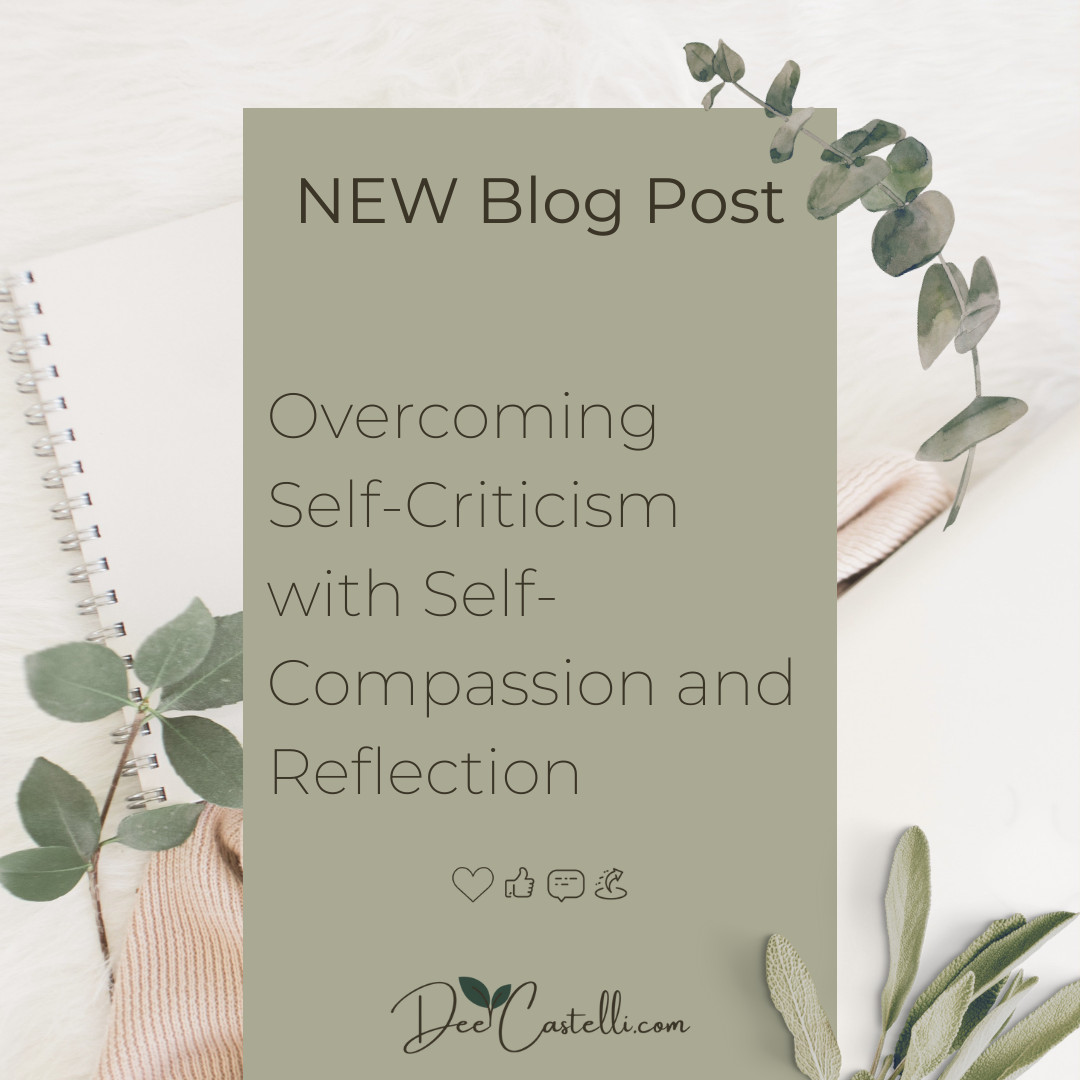
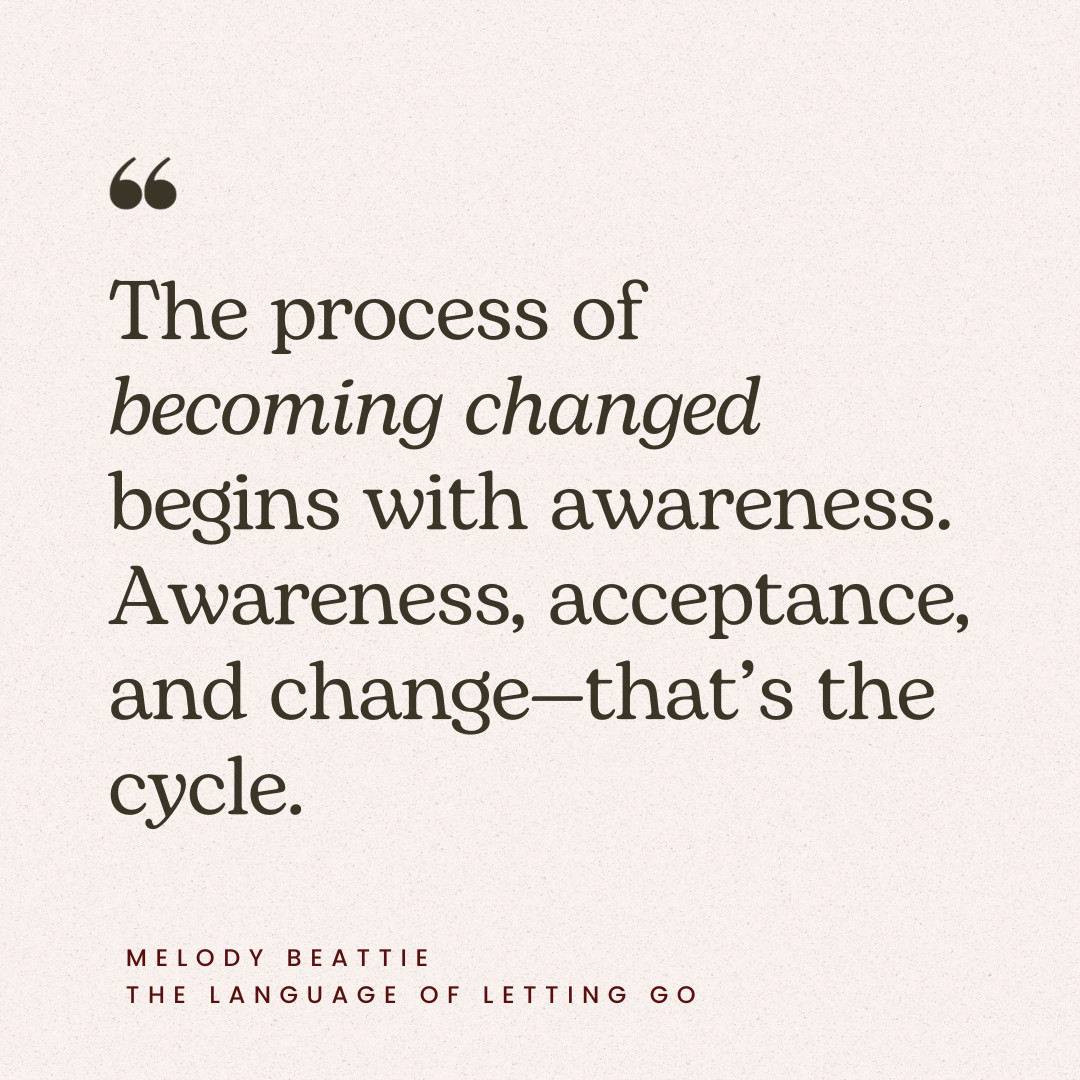


0 Comments